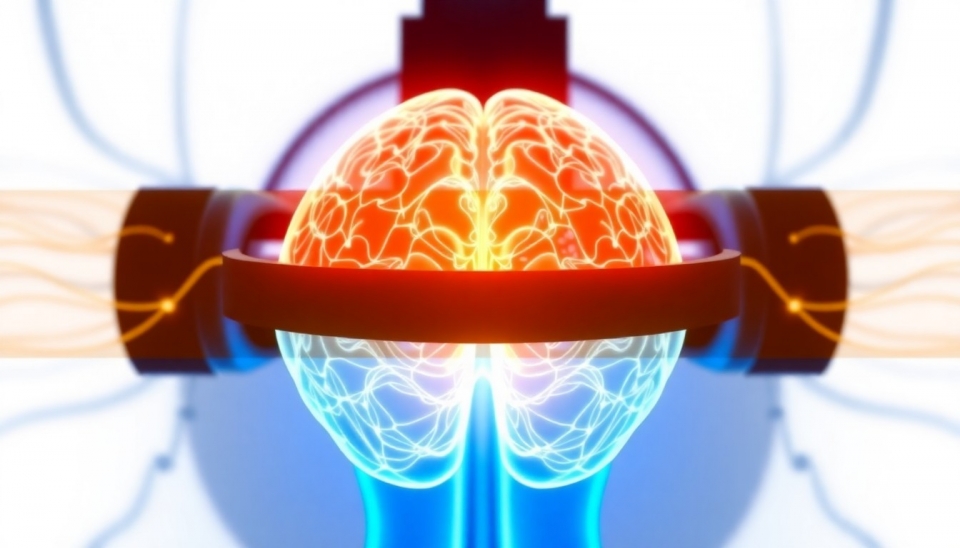
In a significant milestone for medical technology, Precision Neuroscience has received clearance from the U.S. Food and Drug Administration (FDA) for its innovative brain-computer interface device. This groundbreaking advancement positions the company as a strong contender in the rapidly evolving field of neurotechnology, paralleling efforts and innovations by the renowned Neuralink.
The FDA's approval marks an important step for Precision Neuroscience, as the company aims to integrate advanced neural technology into therapeutic applications. Their device, designed for use in patients suffering from severe neurological conditions, could facilitate direct communication between the brain and digital devices, opening up new horizons for treatment in areas such as paralysis and brain injuries.
Precision Neuroscience has developed a system known for its minimally invasive implantation technique. This aspect distinguishes it from other neural devices, which often require more extensive surgical procedures. The company’s technology is engineered to decode brain signals with heightened precision, potentially leading to significant advancements in how patients interact with the world around them.
With the FDA clearance, Precision Neuroscience is now poised to begin clinical trials, which will evaluate the safety and efficacy of their device in real-world scenarios. The company aims to gather comprehensive data to demonstrate the device's capabilities and to further refine the technology for broader patient accessibility.
This development is part of a larger trend in health technology where neural interfaces are being researched for various applications, including enhancing motor functions, aiding communication for individuals with speech limitations, and even addressing mental health disorders. A successful demonstration of the device’s effectiveness could pave the way for widespread adoption of brain-computer interfaces in therapeutic settings.
The competition in this sector has intensified, particularly with notable players like Neuralink, founded by Elon Musk, making headlines. Neuralink has been focusing on advancing its own brain-machine interface technology, which has drawn significant public and media attention. With these developments, both companies could potentially shape the future of neurotechnology and its applications in medicine.
Experts believe that the implications of such technology extend beyond immediate health benefits, hinting at futuristic possibilities where seamless interaction between human cognitive processes and machines could enhance everyday life. As Precision Neuroscience moves forward into clinical testing, the medical community is keenly observing its developments, anticipating how this technology can contribute to improving patients' lives.
As we stand on the brink of this technological revolution, the advancements pioneered by Precision Neuroscience could signal a new era where brain-interface devices transition from experimental technologies to invaluable tools in modern medicine.
To stay updated on further breakthroughs in this domain and the ongoing developments in neurotechnology, following Precision Neuroscience's journey will be essential.
#PrecisionNeuroscience #FDAApproval #BrainComputerInterface #Neurotechnology #MedicalInnovation #Healthcare #Neuroscience #TechRevolution
Author: John Miller
